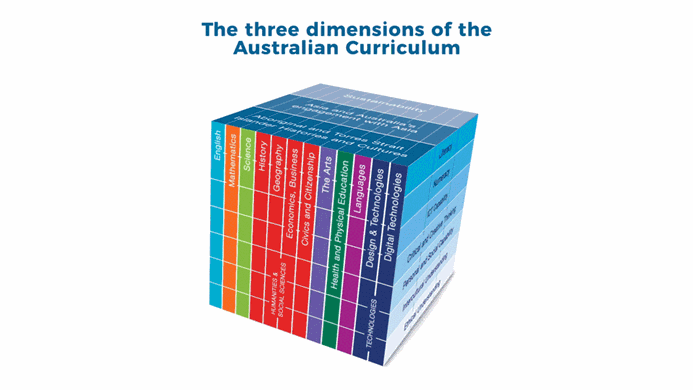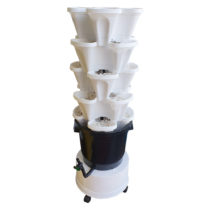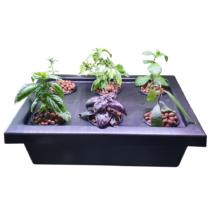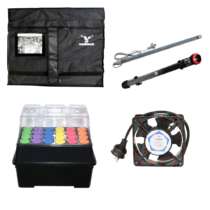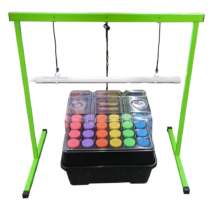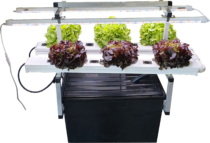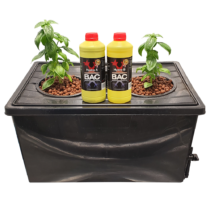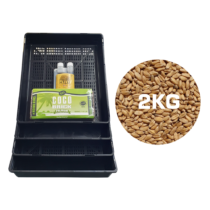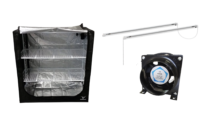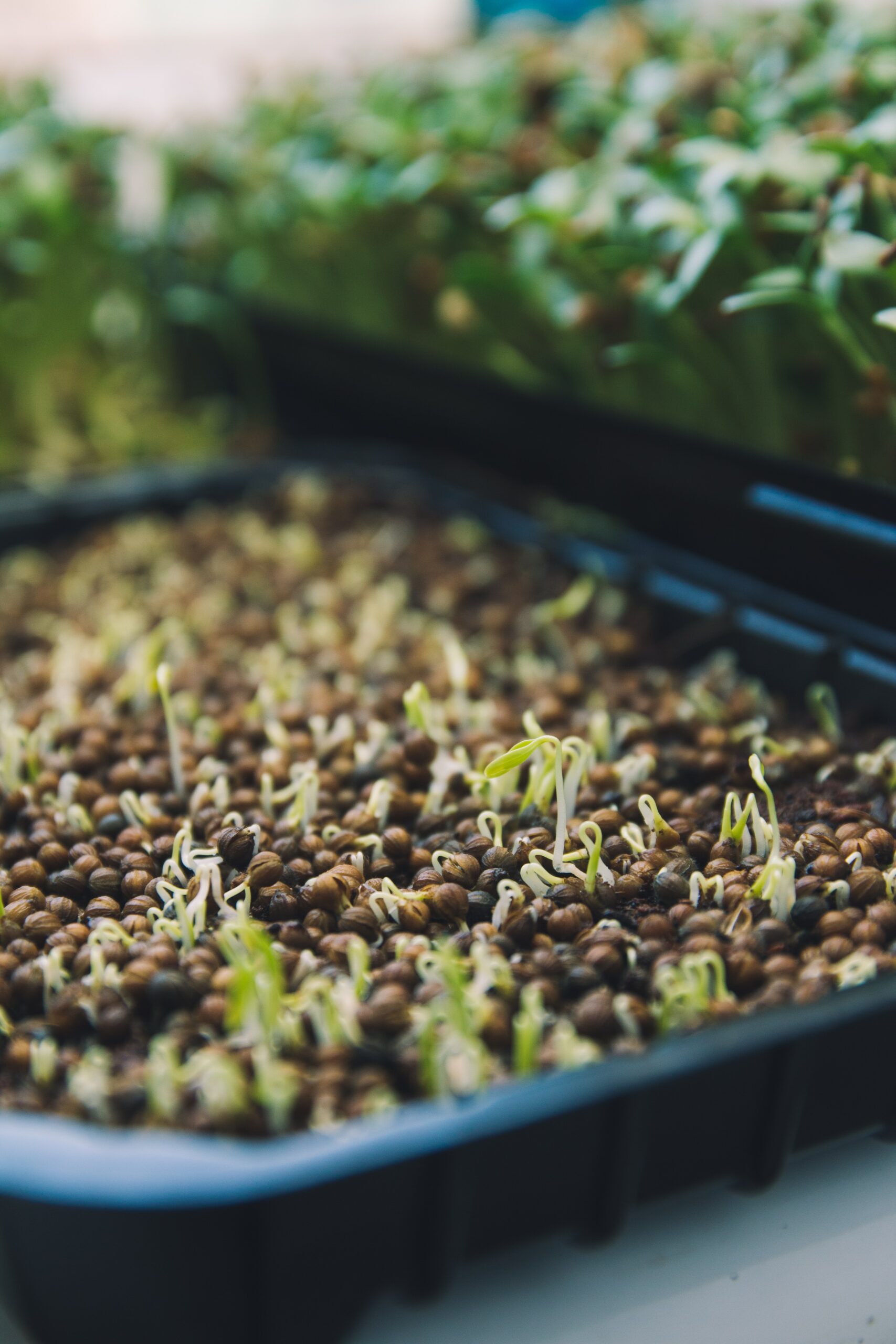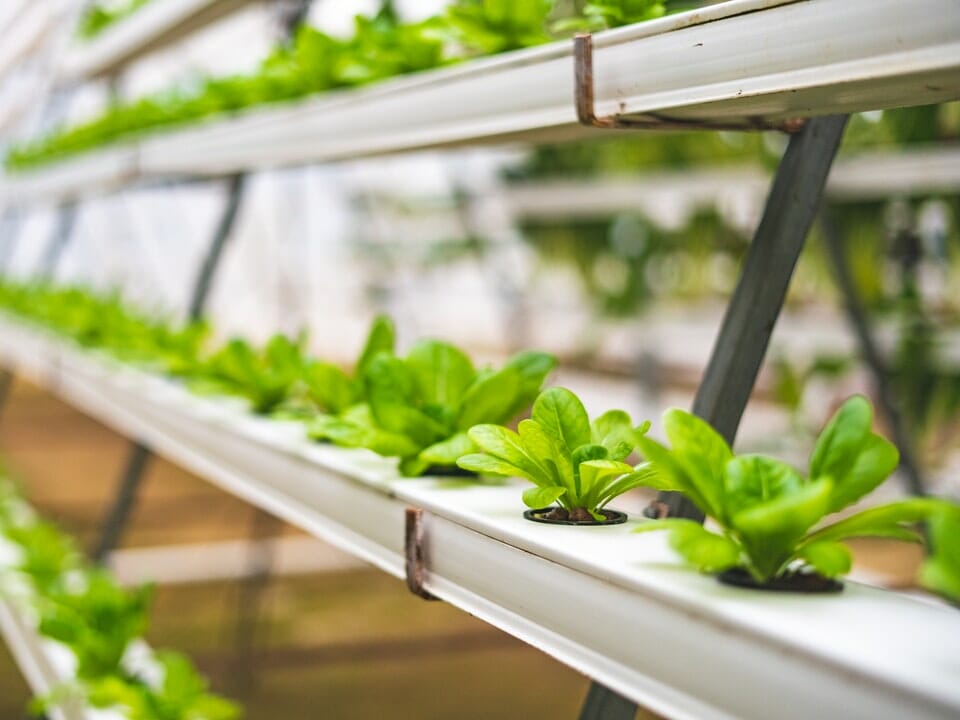Engaging students in practical learning activities has been proven to enhance their understanding of a broad range of topics. Growing plants can be a very hands on a practical way of of teaching across various learning areas, general capabilities, and cross-curriculum priorities as outlined in the Australian Curriculum.
Links to the Learning Areas
Science
Plant-growing can be directly tied to Biological Sciences. Students can learn about plant life cycles, photosynthesis, adaptations, and ecosystems. Experimenting with different plant species can also enhance students’ skills in scientific inquiry, providing opportunities for planning and conducting investigations, analyzing data, and evaluating evidence.
Mathematics
Measuring plant growth over time allows students to grasp concepts of measurement, geometry, and data interpretation. They can graph their results, providing a visual representation of data and facilitating the understanding of patterns and trends.
English
Engaging students in plant-growing projects encourages communication skills, as they need to record observations, create reports, and present findings. It also offers opportunities to explore different texts, such as scientific articles, how-to guides, and plant-related fiction or non-fiction books.
Humanities and Social Sciences (HASS)
Plant growing can be related to Geography through learning about plant distribution and their relationships with climates and soils. Students can explore historical and cultural uses of plants, relating to History and Civics and Citizenship.
The Arts
From painting and drawing plants to creating music inspired by the growth process, there are endless ways that plant-growing activities can inspire creativity in the Arts.
Technologies
The integration of technology in plant growing is prominent. Students can explore areas like hydroponics, digital monitoring of plant growth, and the use of apps and software in data collection and analysis.
Health and Physical Education
The practice of growing plants could stimulate discussions around nutrition, food sources, and the importance of healthy eating.
Links to the General Capabilities
Plant growing activities can effectively integrate all seven general capabilities in the Australian Curriculum:
- Literacy and Numeracy: As stated above, students will develop their literacy and numeracy skills through recording and analyzing their plant-growing activities.
- Information and Communication Technology (ICT) Capability: Students can use digital technologies to record data, research information about plants, and communicate their findings.
- Critical and Creative Thinking: Plant growing encourages problem-solving (e.g., What conditions does a plant need to thrive?) and creativity (e.g., Designing a garden layout).
- Personal and Social Capability: Group projects in plant-growing can foster cooperation, leadership, and understanding of responsibilities.
- Ethical Understanding: Discussions about the environmental impacts of agriculture, and the importance of sustainable practices, can enhance students’ ethical understanding.
- Intercultural Understanding: Understanding the significance of certain plants in different cultures can promote intercultural understanding.
Cross-Curriculum Priorities
Plant-growing can be linked to all three cross-curriculum priorities:
- Aboriginal and Torres Strait Islander Histories and Cultures: Students can learn about native Australian plants and their significance in Aboriginal and Torres Strait Islander cultures.
- Asia and Australia’s Engagement with Asia: Comparing native Australian plants with those from Asian countries can serve as a bridge to explore cultural similarities and differences.
- Sustainability: Teaching sustainable gardening practices and discussing the role of plants in ecosystems can foster a sense of responsibility for the environment.
At Glandore, we have created a variety of hydroponic systems and setups that are suitable for the classroom environment. We can also make custom kits and setups for your specific needs, just ask.


